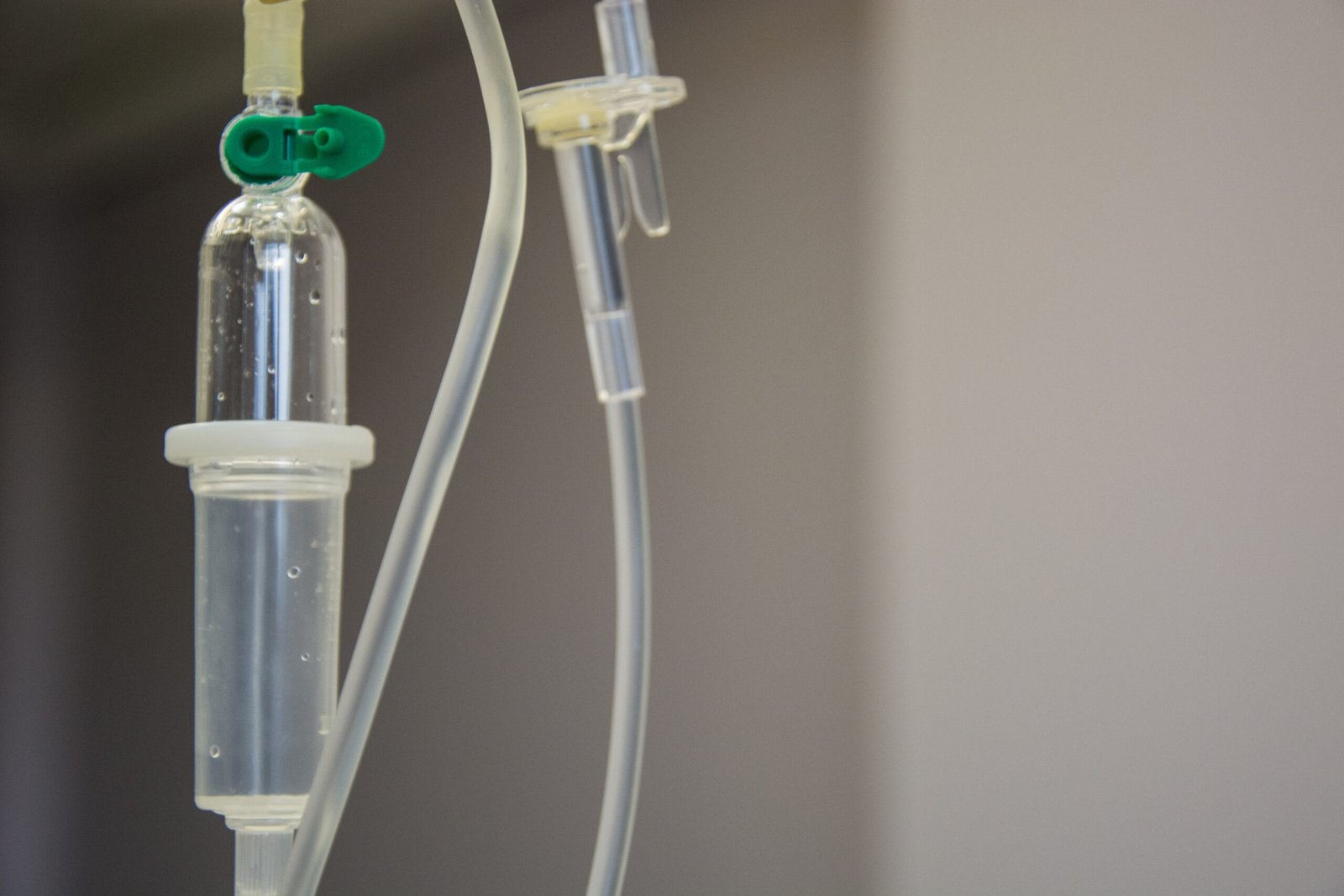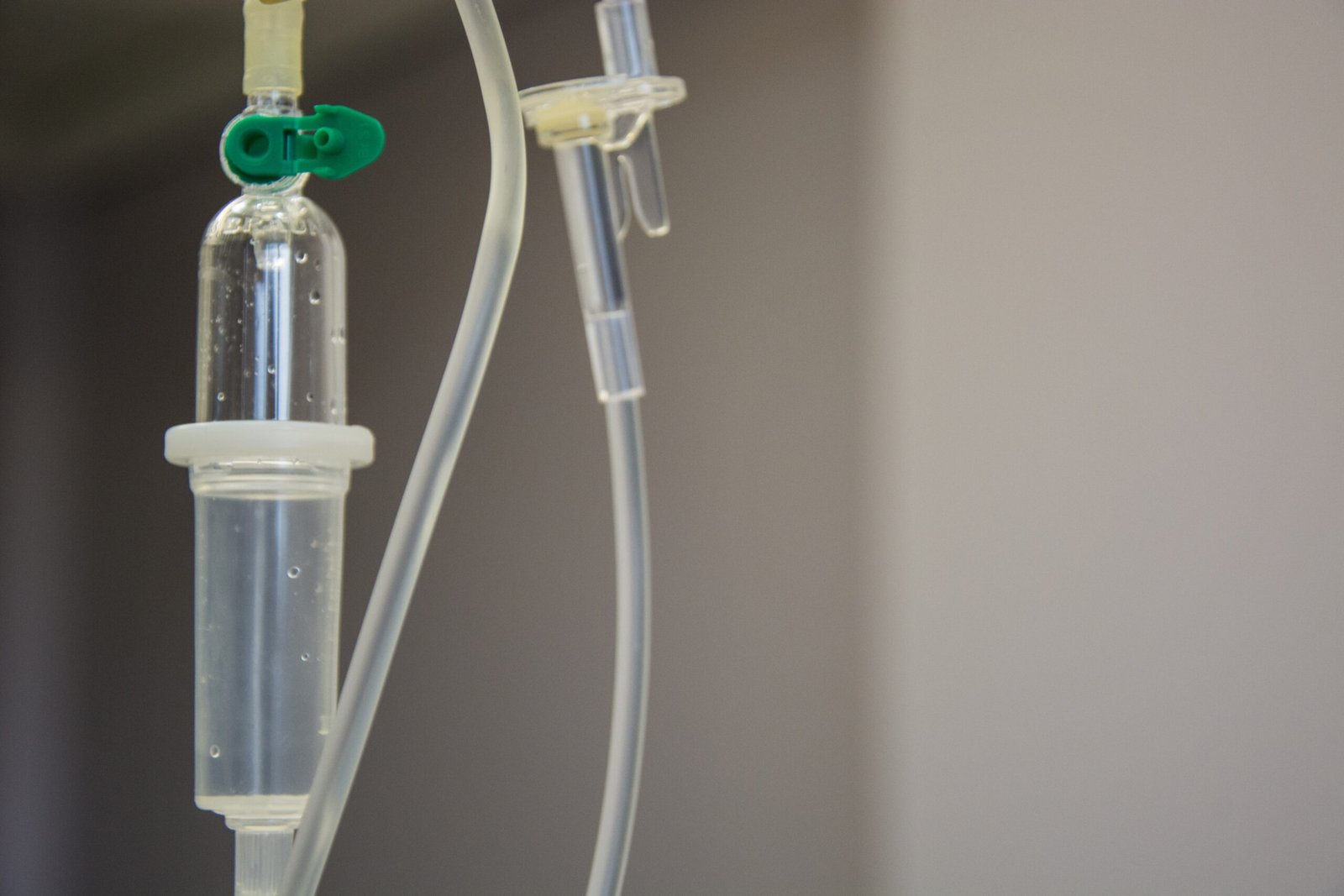So you’ve been hearing a lot about the importance of reducing your sodium intake lately, but did you know that it could also help prevent kidney stones? In this article, we’ll explore the connection between sodium reduction and kidney stone prevention, and why it’s crucial to be aware of this information. By the end, you’ll have a clear understanding of why cutting back on sodium can be a key factor in keeping those pesky kidney stones at bay.
Sodium Reduction and Kidney Stone Prevention: What You Should Know
Kidney stones are a common health issue that affect many individuals worldwide. These small, hard deposits form in the kidneys and can cause significant pain and discomfort. Understanding the factors that contribute to kidney stone formation is essential for preventing their occurrence. One important factor to consider is the link between sodium reduction and kidney stone prevention.

This image is property of images.unsplash.com.
Understanding Kidney Stones
Before we dive into the connection between sodium reduction and kidney stones, let’s first understand what kidney stones are. Kidney stones are solid masses that form in the kidneys when certain substances, such as calcium, oxalate, or uric acid, become too concentrated in the urine. These substances can crystallize and join together to create small, hard stones. The size and shape of kidney stones can vary, with some being as small as a grain of sand, while others can grow to be as large as a golf ball.
The Link Between Sodium and Kidney Stones
It may come as a surprise, but there is a strong link between sodium intake and kidney stone formation. A diet high in sodium can increase the amount of calcium in the urine, leading to the formation of calcium-based kidney stones. Sodium can also promote dehydration, which can make urine more concentrated and increase the risk of stone formation. Additionally, a high-sodium diet can elevate blood pressure and affect kidney function, further contributing to the development of kidney stones.
Importance of Sodium Reduction
Reducing sodium intake is crucial for kidney stone prevention. By lowering your sodium consumption, you can help decrease the amount of calcium excreted in the urine, thus reducing the formation of calcium-based kidney stones. Moreover, reducing sodium intake can help maintain proper hydration, preventing the urine from becoming too concentrated and reducing the risk of stone formation.
Recommended Daily Sodium Intake
The American Heart Association recommends limiting sodium intake to no more than 2,300 milligrams per day for most adults. However, if you have a history of kidney stones or other medical conditions, such as high blood pressure or kidney disease, it is advisable to aim for an even lower daily sodium intake of 1,500 milligrams or less. Lowering sodium intake can be challenging, as sodium is present in many processed and packaged foods. However, with some awareness and effort, it is possible to reduce your sodium consumption.

This image is property of images.unsplash.com.
Tips for Reducing Sodium Intake
To effectively reduce your sodium intake, there are several strategies you can implement. First, it is essential to read food labels carefully and choose low-sodium or sodium-free options whenever possible. Fresh fruits and vegetables are typically low in sodium and make for excellent choices. Additionally, cooking meals at home using fresh ingredients allows you to have better control over the amount of sodium you consume. Avoiding excessive use of table salt and flavoring foods with herbs and spices instead can also help to reduce your sodium intake.
Foods to Avoid for Kidney Stone Prevention
When aiming to prevent kidney stones, there are certain foods you should avoid or consume in moderation due to their high sodium content. Processed and packaged foods, such as canned soups, frozen meals, and potato chips, are often high in sodium and should be limited. Fast food and restaurant meals can also be surprisingly high in sodium, so it’s important to be mindful of your choices when dining out. Other high-sodium culprits include cured and processed meats, such as salami and bacon, as well as cheese and other dairy products.

This image is property of images.unsplash.com.
Foods to Include for Kidney Stone Prevention
While reducing sodium intake is important in kidney stone prevention, there are certain foods that can be beneficial to include in your diet as well. Drinking plenty of water is crucial for maintaining proper hydration and preventing stone formation. Additionally, consuming foods rich in calcium, such as low-fat milk, yogurt, and leafy green vegetables, can actually help reduce the risk of kidney stones. Citrus fruits, such as lemons and oranges, contain citrate, which inhibits stone formation and can be a great addition to a kidney stone prevention diet.
Other Lifestyle Modifications for Kidney Stone Prevention
Reducing sodium intake is just one aspect of kidney stone prevention. Making other lifestyle modifications can also be helpful in preventing the recurrence of kidney stones. Staying well-hydrated by drinking plenty of fluids throughout the day is essential. Aim for at least eight glasses of water daily and increase your fluid intake if you live in a hot climate or engage in vigorous physical activity. Regular exercise can also contribute to kidney stone prevention, as it helps maintain a healthy weight and reduces the risk of stone formation.
Potential Risks of Excessive Sodium Reduction
While reducing sodium intake is generally beneficial for kidney stone prevention, it is important to exercise caution and avoid excessive sodium reduction. Sodium is an essential mineral that plays a vital role in various bodily functions, including fluid balance and nerve function. Drastically cutting back on sodium can lead to hyponatremia, a condition characterized by dangerously low sodium levels in the blood. It is crucial to consult a healthcare professional before making significant changes to your sodium intake, especially if you have any pre-existing health conditions.
Consulting a Healthcare Professional
If you have a history of kidney stones or are interested in preventing their occurrence, it is advisable to consult a healthcare professional. A doctor or registered dietitian can provide personalized advice and recommendations based on your specific needs and medical history. They can assess your sodium intake, suggest appropriate dietary modifications, and help create a comprehensive plan to help prevent kidney stones. Remember, seeking professional guidance is essential to ensure your dietary changes align with your overall health goals.
In conclusion, sodium reduction plays a critical role in kidney stone prevention. By reducing your sodium intake, you can decrease the urinary excretion of calcium and maintain proper hydration, thus reducing the risk of kidney stone formation. However, it is essential to approach sodium reduction with the guidance of a healthcare professional, as excessive sodium reduction can have potential risks. Take control of your sodium intake, make informed dietary choices, and consult a professional to pave the way for a kidney stone-free future.

